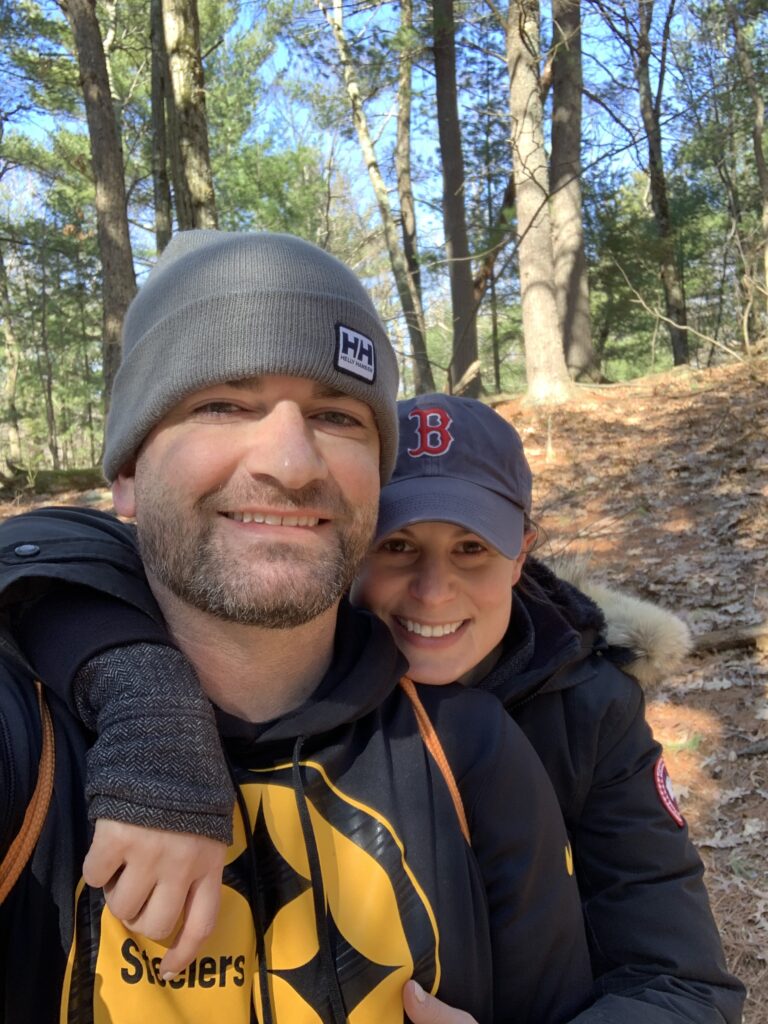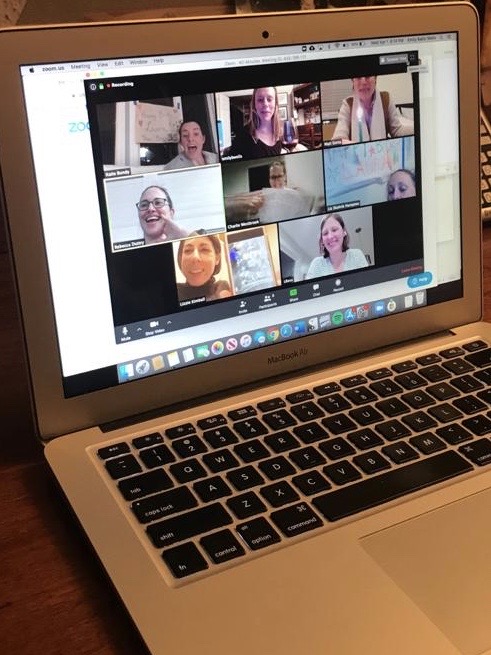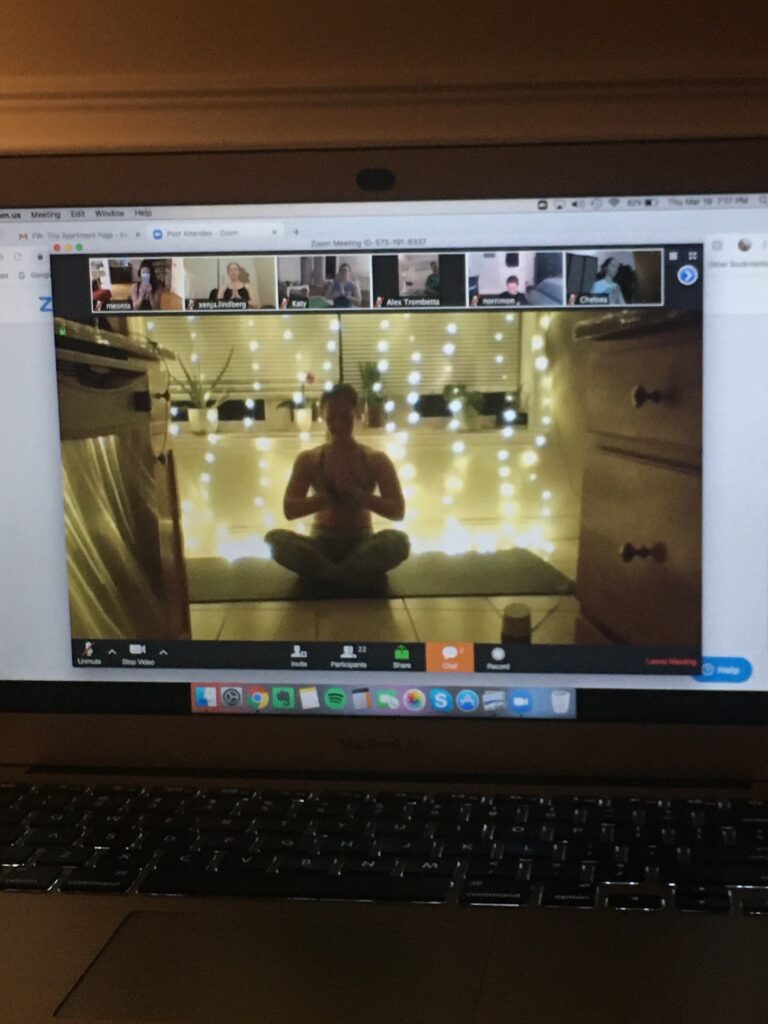HALT!
The word “halt” translates to “stop” in German. But HALT is also an acronym that stands for Hungry, Angry, Lonely, and Tired. Rather than letting our feelings run amok, HALT allows us to grab hold of the wheel and control what’s happening from the driver’s seat.
The purpose of the HALT method is to help us feel better when we are feeling upset and it is often used when we are feeling emotionally off-centered. The HALT method addresses how our state of being and human needs might be linked to making hasty decisions – with words, actions, and thoughts. When one or more of these areas are out of balance, we will likely struggle with (mental) health and our overall well-being.
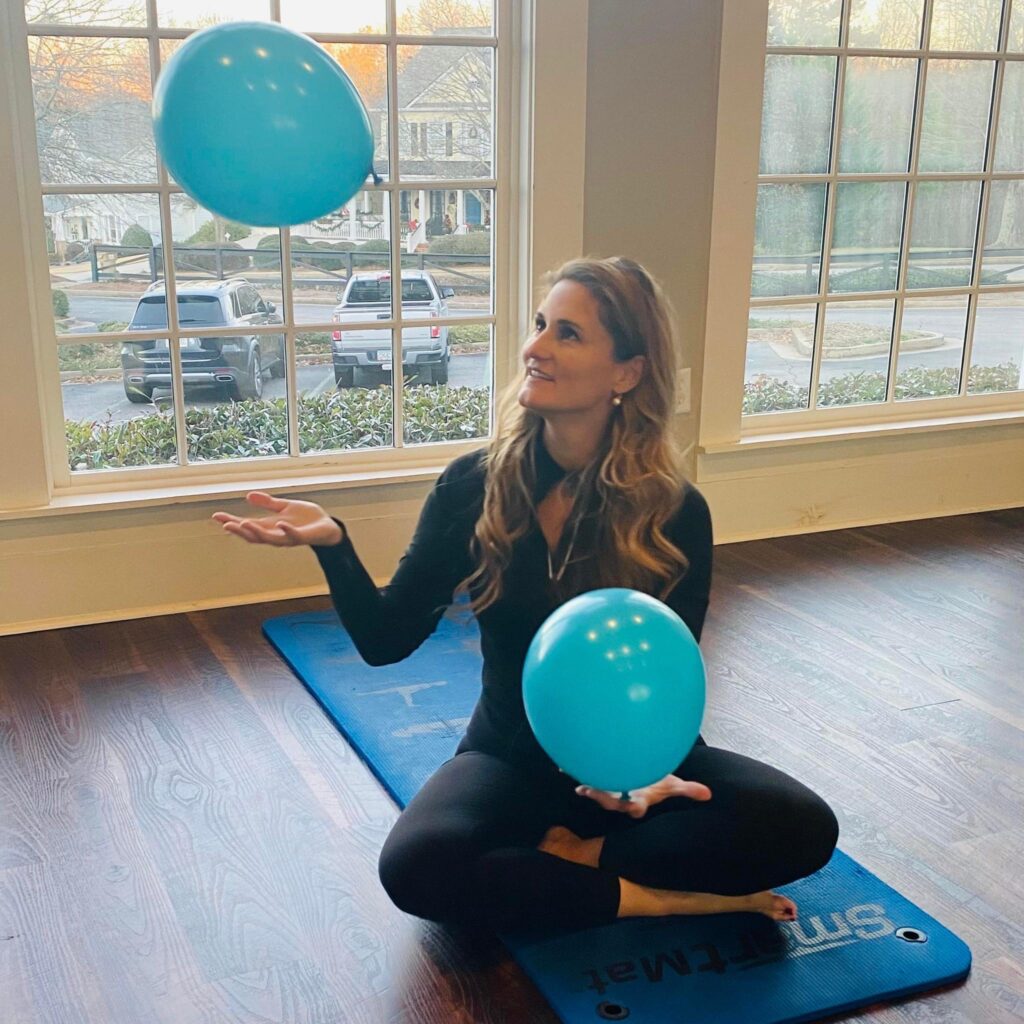
Let’s break down each letter of HALT:
The H stands for hungry: It is well-researched that human behavior changes when we are hungry. Hunger causes us to value the short-term over the long-term and leads to hastiness with decisions. Chemicals in our brain also change to heighten anger when we are hungry.
If you discover the cause of not feeling well emotionally was hunger, you can take a momentary break from whatever you are doing, eat a handful of nuts or dried fruits, rest and enjoy them as much as you can, and allow your body and brain come back to baseline. As your body is coming back to baseline, you will think more clearly and feel calmer. This helps avoid hasty remarks and snappiness and alleviates uncomfortable moods.
The A stands for angry: Anger can be an unpleasant and damaging emotion, but it is normal to feel angry – everybody does at one point or another.
Just because you feel angry doesn’t mean there is something wrong with you. However, feeling chronic, persistent anger is unhealthy and becomes a problem when you have a hard time letting it go and it seeps into other areas in your life.
Some heathy ways of coping with anger can include stress management, spirituality, prayer, and meditation. You may find it helpful to keep a record of the things or people that trigger anger. You can then reflect on whether your anger is justified and take the “heat” out of the situation.
The L stands for lonely: When we find ourselves cut off from contact with other members of our social group or community, we can feel lonely, which can be very unhealthy. It is no wonder that social isolation has made our social interactions more difficult during the pandemic.
When we are surrounded by positive influential people who we have a strong connection with, we are less likely to engage in negative behaviors. Of course, we can be lonely even when we are surrounded by a lot of people, but that makes meaningful relationships even more important.
Finding social groups that share similar interests as you is a good first step. Maybe your daily routine is causing you to retreat into your shell. If so, shake it up a little! Calling a friend or visiting a loved one might be just what you need. You can also simply go out in the world by taking a walk, running errands, or going to a coffee shop rather than hiding from everyone. Reach out and connect with others who want to see you happy and healthy.
The T stands for tired: Making sure we get enough sleep at night can help to improve not only our physical well-being but also our emotional health.
When we are physically and emotionally tired, we are more likely to engage in a negative thinking pattern. The amount of sleep we need varies with age, but the U.S. National Sleep Foundation’s guidelines recommend between seven and nine hours of sleep per night for an adult.
The quality of sleep is also important. The brain only “recharges” properly through Rapid Eye Movement sleep (REM). This high quality of sleep level can be hampered by drinking alcohol or caffeine-based drinks in the evening or by trying to deal with difficult issues late at night.
Screen use, including checking notifications on your tablet or cellphone, can also have a negative impact on your sleep. Remember that it is best to stop using screens an hour before going to bed.
The HALT method is a wonderful reminder of the simplest things we often forget to do to take care of ourselves. Just check in with yourself periodically and ask how you are feeling in these four categories. Your check-ins can occur daily or weekly, while other times you may check in with yourself hourly. How often you use the HALT method is totally up to you!
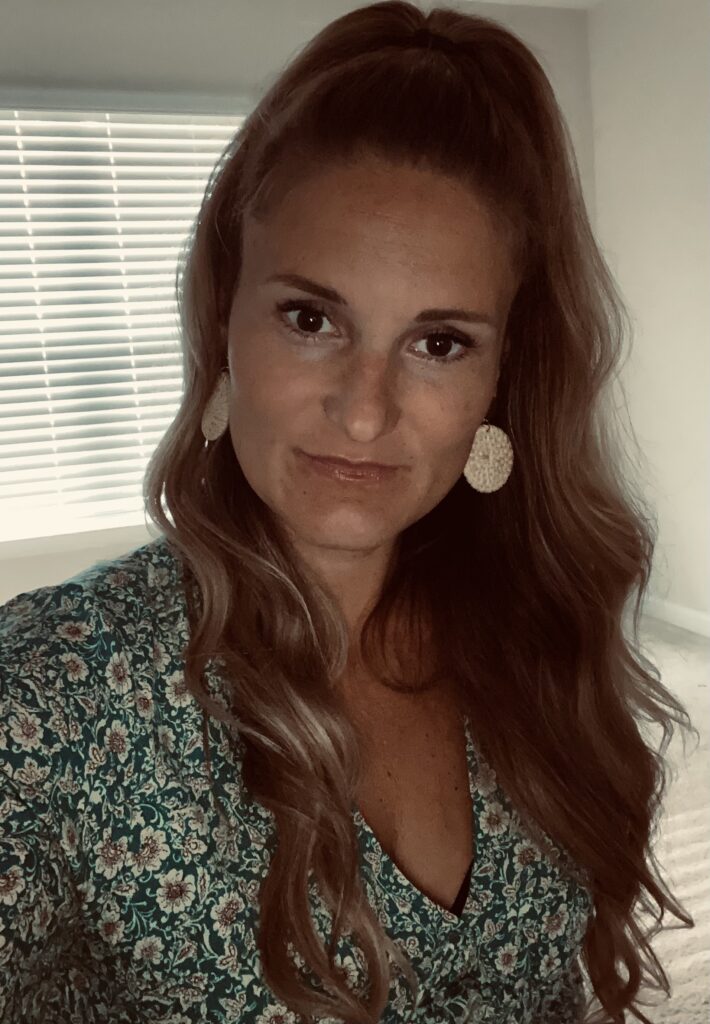
Jessica Martin was born in Germany and holds a M.Sc. in Psychology. She moved to the United States in 2018 and was diagnosed with cervical adenocarcinoma, stage 1B2 shortly after her move. Jessica is passionate about the mental health aspect of healing.
